November 6, 2015
Five Easy Ways to Incorporate Responsible Seafood Into Your Diet
BY: Alison Shapiro
If you’re starting to get a little curious about how and from where your seafood is caught, you’re not the only one. Four out of five Americans these days say it is important or very important for them to know that their seafood is responsibly caught, according to NPR. But, what does it really mean to eat responsible seafood and how can you bring it into your daily routine?
Eating seafood responsibly involves finding the “perfect protein” for the planet and our body. Oceana’s goal is to ensure that millions of people around the world can enjoy seafood for generations to come, and, as such, we campaign for responsible fishing practices in key areas. However, you can do your part by making thoughtful seafood decisions before ordering your next fish. Consider these five steps to get a jump start on becoming a responsible seafood eater.
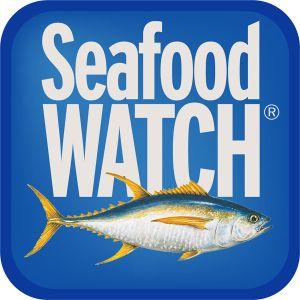 1. Download the Seafood Watch app
1. Download the Seafood Watch app
Whether you’re dining at a restaurant or shopping for yourself in the grocery store, this free app from the Monterery Bay Aquarium can help you make the best ocean-friendly seafood choices. It offers recommendations on seafood and sushi to help guide you through which options are best choices, good alternatives or to be avoided, using qualifications like whether it’s farmed or wild caught and where it came from.
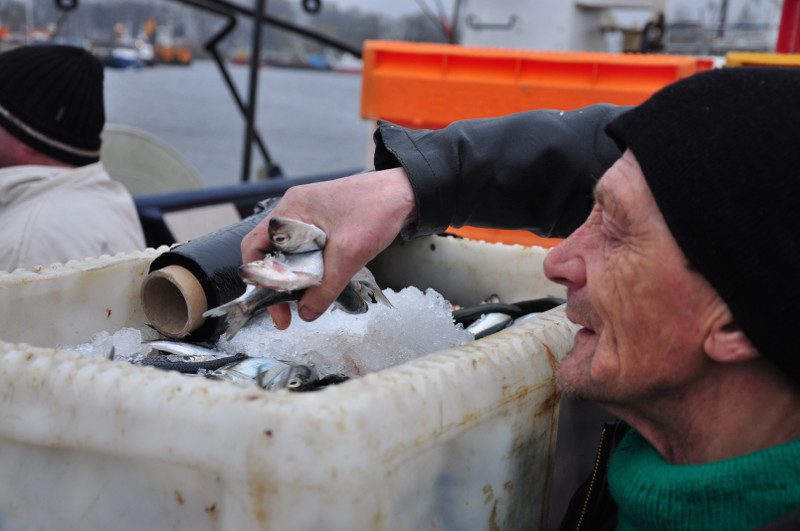 2. Opt for smaller fish
2. Opt for smaller fish
When choosing seafood, it’s often better to think small. Most fish like anchovies, herring, and sardines, are generally caught and ground up into fishmeal to feed farmed salmon and other animals (the general rule of thumb is that it takes three pounds of small fish to create one pound of salmon). It’s a shame as it is much better for the planet if we eat small fish directly rather than in the form of a salmon. And, creating direct demand will help improve management of these fisheries. The little fish are delicious, often free of toxins that may accumulate in larger fish and are jammed pack full of omega-3s. It’s easy to buy locally too— just ask your fishmonger or grocer for advice— and they can still be incorporated into your favorite recipes.
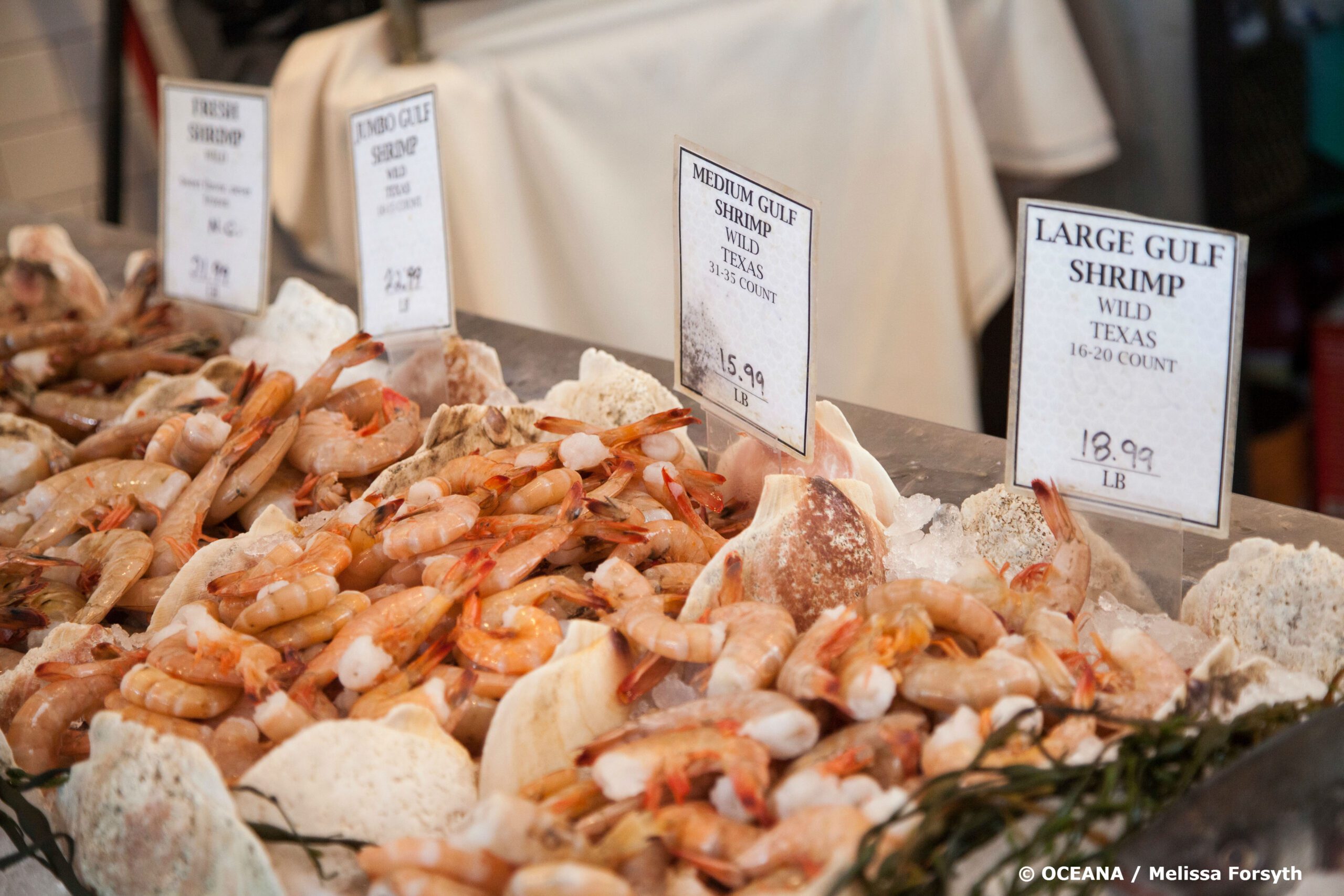 3. Go wild when purchasing seafood
3. Go wild when purchasing seafood
Though more and more people these days are gravitating towards produce and meats that are labeled “organic,” this term is not always best when choosing fish. Rather than purchasing organic, stay wild and local with big fish. Farm-caught fish often comes with a side of high antibiotics and global overfishing. On the other hand, many of the local, wild fisheries in the United States are among the best regulated in the world as stocks of wild salmon, halibut, and other fish are well managed.
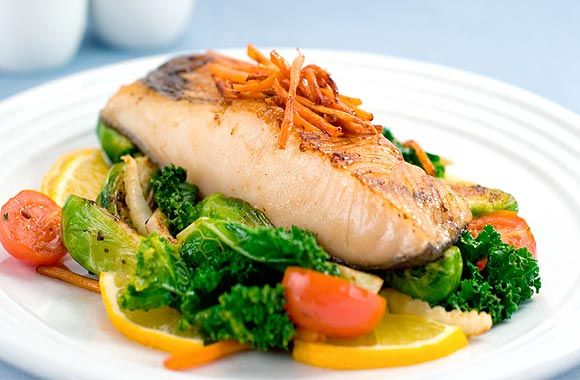 4. Learn a new responsible recipe
4. Learn a new responsible recipe
If half the battle is choosing the right fish, the other half is figuring out how to cook with it. Luckily, there are hundreds of recipes today that highlight a responsible seafood choice, from smoked sardines to glazed cod and more. Oceana has a wide selection of recipes on our Living Blue page. You can also invest in an entire cookbook dedicated to great seafood from many of the responsibly minded chefs that support Oceana such as Barton Seaver and Hugh Fearnley-Whittingstall, or purchase a copy of the Perfect Protein and learn more about how you can save the oceans and feed the world while also getting several great (and responsible) recipes from the top chefs on the planet.
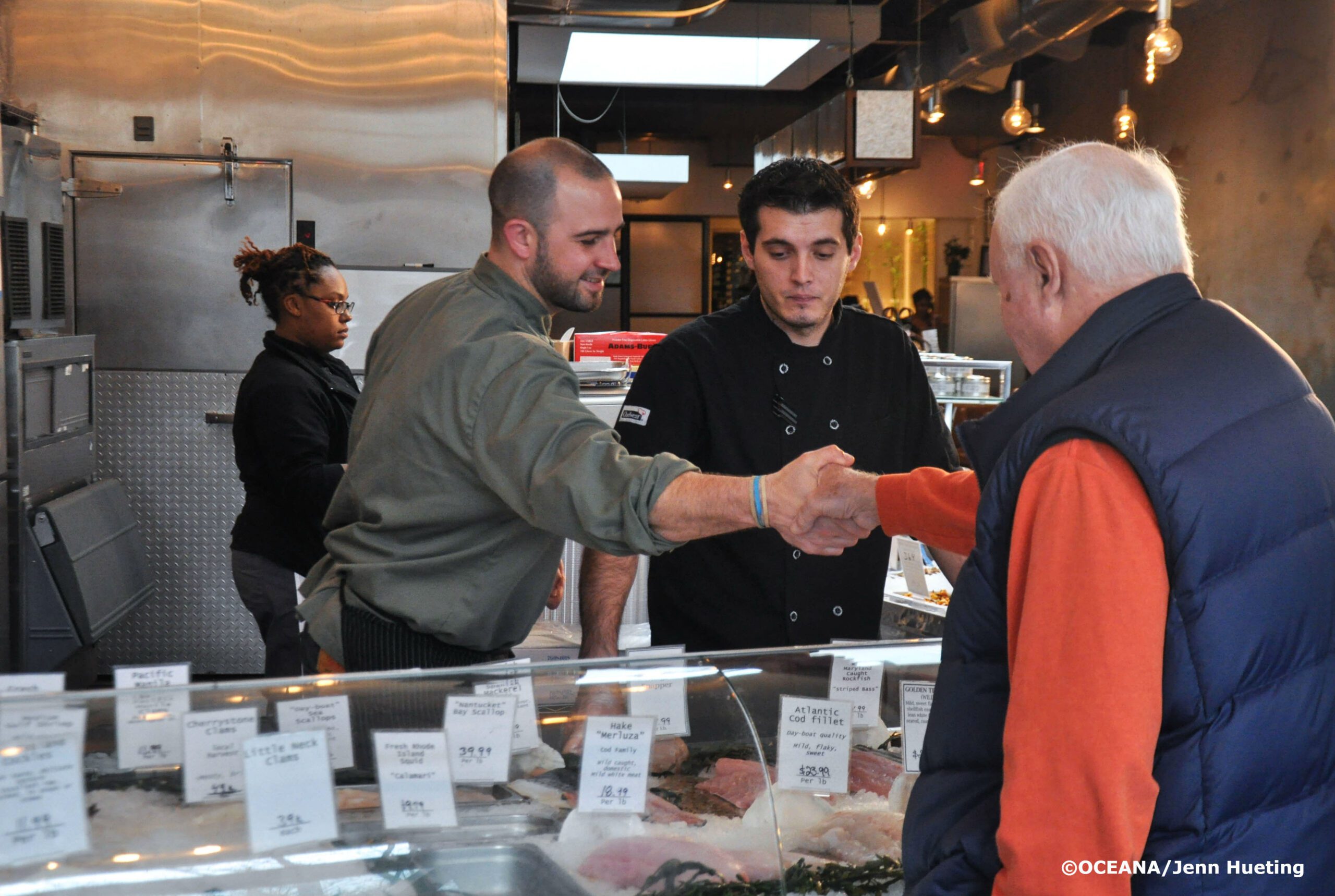 5. Join the conversation, ask questions and get involved
5. Join the conversation, ask questions and get involved
Achieving healthier oceans and abundant fish supplies to feed the world is not a one-person job. If you’re looking to eat more responsible seafood, don’t be afraid to ask questions and start a conversation. Talk with your grocer about where their seafood comes from and how it is caught. Share with your friends a responsible meal you made. Advocate for more seafood vendors at local farmers markets. Tell others where they can get educated on responsible seafood and do their part. And, most importantly, become an advocate for responsible fishing! Oceana has several resources, like its campaign on responsible fishing here, and its efforts to save the oceans and feed the world.



